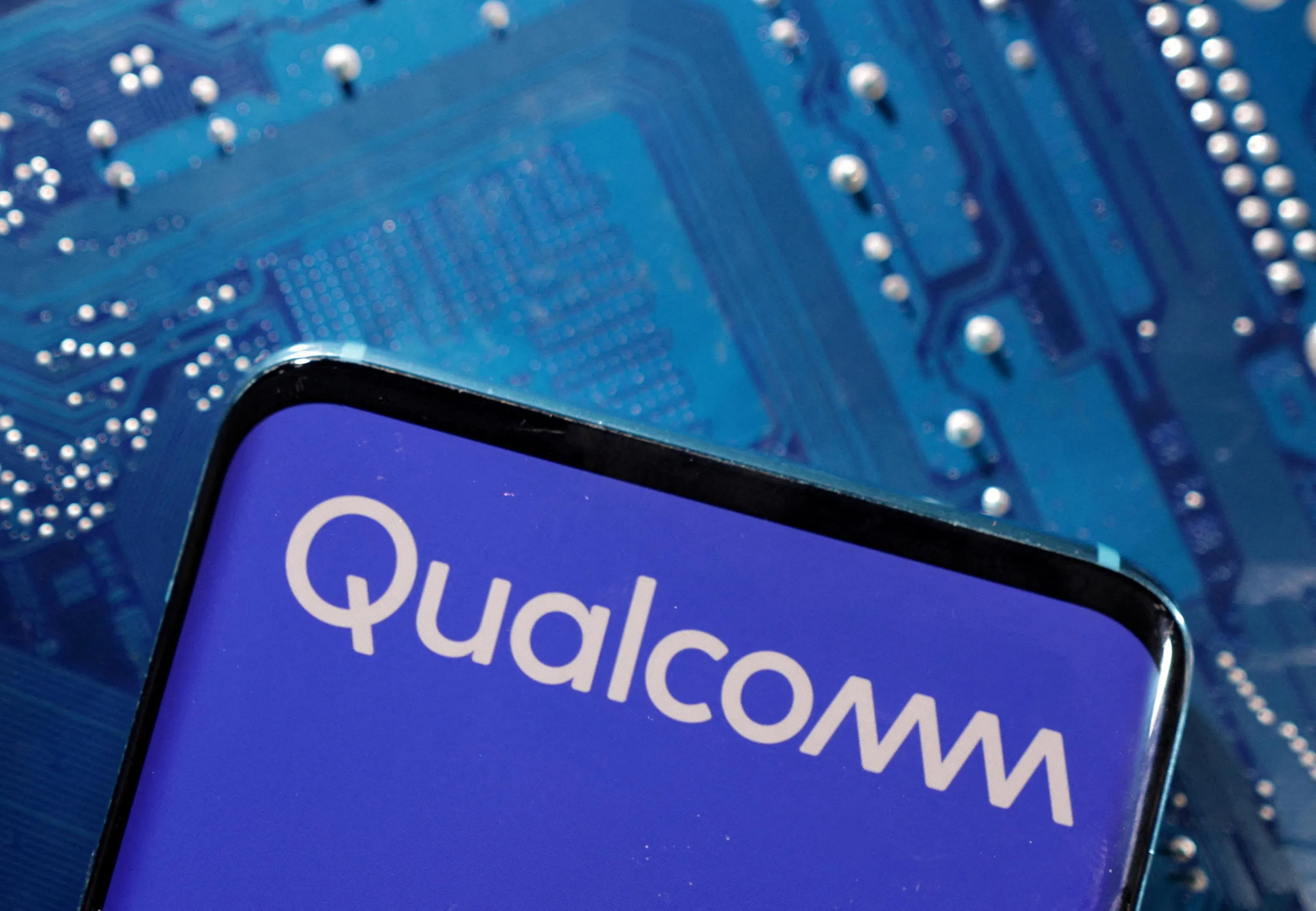QUALCOMM’s interest in pursuing an acquisition of Intel has cooled, according to sources familiar with the matter, upending what would have likely been one of the largest technology deals of all time.
The complexities associated with acquiring all of Intel has made a deal less attractive to Qualcomm, said some of the sources, asking not to be identified discussing confidential matters.
It’s always possible Qualcomm looks at pieces of Intel instead or rekindles its interest later, they added.
Representatives for Qualcomm and Intel declined to comment.
Qualcomm made a preliminary approach to Intel on a possible takeover, Bloomberg News and other outlets reported in September. It came just weeks after Intel communicated a bruising earnings report where it delivered a disappointing revenue forecast and outlined a 15 per cent reduction in headcount in an effort to “resize and refocus”.
But the transaction faced numerous financial, regulatory and operational hurdles, including the assumption of Intel’s more than US$50 billion in debt. It likely would have drawn a lengthy and arduous antitrust review, including in China, which is a key market for both companies.
BT in your inbox
Start and end each day with the latest news stories and analyses delivered straight to your inbox.
Qualcomm would have had to handle Intel’s money-losing semiconductor manufacturing unit, a business where it has no experience.
Qualcomm has been looking ahead to new markets – including personal computers, networking and automotive chips – to generate an additional US$22 billion in annual revenue by fiscal 2029.
The San Diego-headquartered firm’s chief executive officer, Cristiano Amon, said last week that, “right now, at this time, we have not identified any large acquisition that is necessary for us to execute on this US$22 billion.”
‘Better together’
Intel, which until relatively recently was among the largest chipmakers by value, is in the midst of trying to reinvent itself Rivals such as Nvidia have been running away in the race to supply chips that can cater to the sheer demand for artificial intelligence.
The Santa Clara, California-based company has a market value of about US$107 billion. Despite its stock having declined about 51 per cent year to date, any deal involving the chipmaker would have been among the biggest ever.
Intel’s chief executive officer Pat Gelsinger said earlier in November that he intends to keep the company together and has the support of the board for his plan, noting he has a “lot of energy and passion” to bring to that effort.
“Obviously, there’s a lot of attention on Intel, which just reinforces what a central role it plays in the technology industry,” he said. “We believe distinct, but better together, is the strategy.”
Intel is in negotiations with potential investors for its Altera programmable chip unit. It expects to conclude that process early next year. Lattice Semiconductor is interested in bidding on all of Altera while private equity firms are interested in acquiring minority stakes, Bloomberg News previously reported. BLOOMBERG




